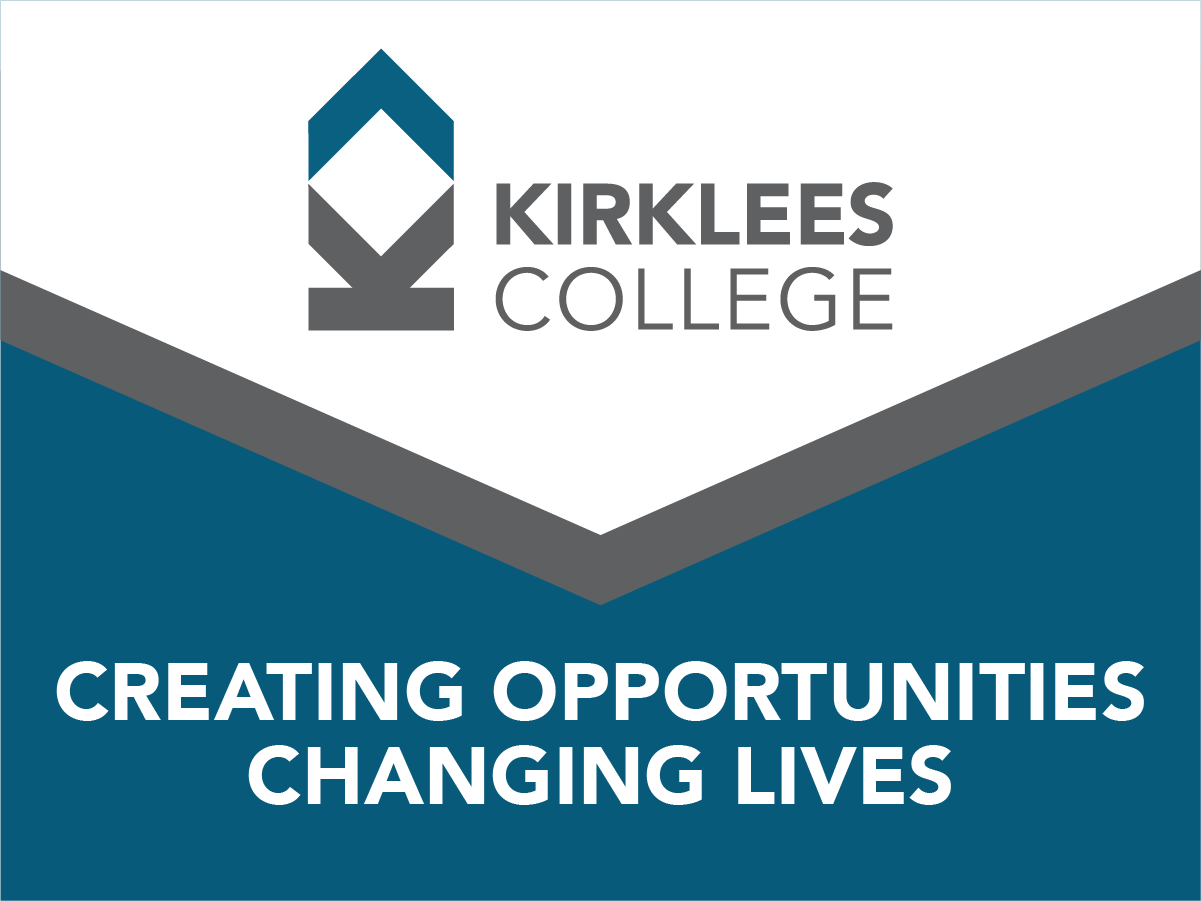Interview with Daniel Scott, Director, DG Scott Electrical Contractors Sector Focus: Healthcare Electrical Contracting
Healthcare Sector Expertise & Projects
Q1. What led DG Scott Electrical to focus on the healthcare sector?
A: My previous employer had a contract completing EICR’s at Huddersfield Royal Infirmary. As I was the QS for the company, I was heavily involved. When I started working for myself, I wanted to continue in healthcare because of the demand for high-quality, compliant electrical work in a sector that cannot afford errors.
A few years back, we were brought in to install an MRI unit, and it became clear we had the right approach: detail-oriented, disciplined, and respectful of live environments. Since then, we have specialised in healthcare work and now have several NHS Trusts and private providers as clients.
Q2. Can you describe some of the most complex healthcare projects your team has delivered?
A: One standout was a full electrical installation of an operating theatre unit. This included backup power and IPS/UPS systems in a new surgical theatre. It was highly technical and tightly regulated.
Q3. How do healthcare installations differ from standard commercial or residential projects?
A: There is no room for shortcuts. Everything must meet strict healthcare technical memoranda (such as HTM 06-01) and be carefully coordinated to avoid any impact on patient care. The infrastructure is also more complex, as you are dealing with life safety systems, medical equipment interfaces, and highly sensitive areas such as operating theatres or MRI rooms.
Q4. What specialist systems have you installed in healthcare settings?
A: We have worked extensively with IPS (Isolated Power Supply) and UPS (Uninterruptible Power Supply) systems, as well as nurse call systems, bedhead services, BMS interfaces, and medical gas alarms. We are also trained in integrating structured cabling for data, which is critical for smart wards and digital monitoring.

Compliance & Standards
Q5. What regulations and standards do you follow in healthcare environments?
A: We strictly follow HTM 06-01, BS 7671 (18th Edition Wiring Regs), and any additional Trust or CQC compliance requirements. We also ensure full traceability and certification on every job, whether it is an EIC, minor works, or emergency lighting test.
Q7. How do you handle certification and documentation in NHS or private healthcare settings?
A: We provide a complete handover pack, including as-built drawings, test certificates, manufacturer data, and compliance checklists. Everything is digitised and QA-checked before submission. We also attend pre-handover meetings to walk through the documentation and ensure everything is traceable.
Q8. How do you stay up to date with changing health infrastructure requirements?
A: I personally stay updated through NICEIC CPD, HTM seminars, and industry events. We also subscribe to updates from NHS England and participate in training offered through contractors’ frameworks. Continuous learning is essential, as what was compliant five years ago might now be obsolete.

Operations & Quality Control
Q9. What kind of QA/QC systems do you have in place for healthcare projects?
A: We operate a multi-stage quality control system: pre-install inspections, mid-phase testing, and final QA sign-off by a senior engineer. Every healthcare project has a designated supervisor, and we log all checks digitally for traceability. Snag-free handovers are our goal every time.
Q10. Do you work directly with NHS trusts, or are you typically subcontracted by main contractors?
A: We work through main contractors on larger design-and-build frameworks. Either way, we are known as a reliable Tier 2 partner with specialist knowledge. It would be great to work directly with the NHS; however, the opportunity has not yet arisen. If any estates manager is reading this, feel free to reach out.
Q11. How do you coordinate with hospital estates teams or clinical staff?
A: We attend daily site briefings, maintain a live risk register, and communicate via site logs and verbal handovers. Respect and communication are non-negotiable.
Technology & Innovation
Q13. How are you adapting to smart systems and IoT in healthcare?
A: We are seeing more demand for integrated systems such as lighting, HVAC, access control, and energy monitoring, all connected through BMS or cloud platforms. We have trained our engineers in KNX, DALI, and Modbus protocols to future-proof these installations.
Q14. Are you seeing more demand for backup power and energy efficiency in healthcare?
A: Absolutely. Hospitals are under pressure to cut carbon and improve resilience. We have installed battery backup systems, automatic transfer switches (ATS), and energy-efficient LED upgrades in multiple Trusts. Most are moving toward solar integration and microgrids, and we are involved in early feasibility stages.
Q15. Are you involved in net-zero or decarbonisation efforts?
A: Yes, NHS clients are pushing toward net-zero goals. We have completed LED relighting schemes, added monitoring systems for power usage, and are currently consulting on a carbon reduction plan involving solar, air-source heat pumps, and EV infrastructure.

Future Vision
Q19. Where do you see the biggest opportunities in healthcare electrical contracting?
A: Modular building installs. Many older hospitals are upgrading systems while staying operational, which requires skilled, experienced contractors. There is also a huge shift toward smart diagnostics, remote monitoring, and digital infrastructure, which we are ready to support. Modular buildings are much quicker and more cost effective to install, keeping up with constant requirements.
Q20. Are you expanding into healthcare frameworks like NHS SBS or Procure23?
A: We would love to, but the opportunity has not yet arisen. It is a competitive space, but we bring real sector-specific value and consistent delivery, which clients appreciate.
Q21. What kind of long-term partnerships are you building in the healthcare space?
A: We are focused on building trust with estates departments and Tier 1 contractors. A lot of our healthcare work is repeat business. It is not just about a single project, but about becoming a trusted partner in a long-term infrastructure plan.

Closing Thoughts
“Healthcare is one of the most demanding but rewarding sectors to work in. You are not just wiring buildings; you are supporting systems that protect lives. That responsibility drives everything we do.”
— Daniel Scott, Director, DG Scott Electrical Contractors










